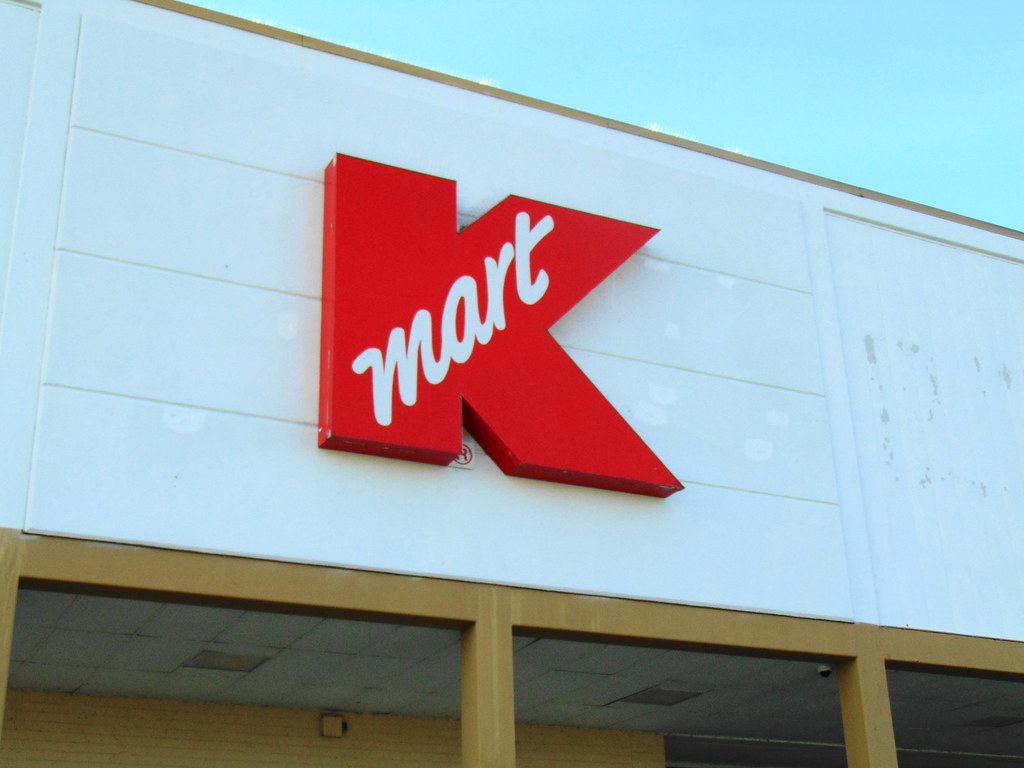
When I want to lift myself out of the dumps, I go to the Astor Place Kmart in the East Village of New York City. Sure, I could default to other solutions, like watching a rerun of Chopped, or, on a really bad day, breaking out the French onion soup packet, sour cream, and Ruffles.
But my first choice is the Kmart.
Specifically, I favor an area in the far back corner of the Kmart basement. It is devoid of windows or natural light and has a back wall of clear glass that faces the dark, dungeon-like tunnel of the Number 6 subway train. There, you will find the most unexpected of things—a plant nursery.
Sprouting in this dreary prison are woven ficus trees, begonias, African violets, scheffleras, Christmas cacti, and spindly spider plants. I feel so sorry for those little plants. They struggle to grow in their stale, lifeless chamber. And if the fake light isn’t bad enough, every five minutes the train roars by, shaking them to the base of their wee roots.
That’s why every once in a while, I head to the Kmart to stage a prison break for a few lucky leafy inmates, so that they might recover in my home (or given my gardening abilities—die in peace).
But at least they have a chance. And that’s all we as humans want, too.
Our environment is not so different from that of the plants in the basement of the Kmart. We live surrounded by toxicity, in places where we are often denied light, love, and sustenance, places where we can be shaken to our roots by unforeseen circumstances.
Although we sometimes give up in the face of such obstacles, those wee plants continue to fight, to use whatever they have to stay alive, and to stretch their roots and strain their stems to convert even the tiniest bit of artificial light into energy and life.
One of the reasons I love rescuing them is the tiny plastic tab that peeks out of each plant’s pot. On it is an image of what that plant could grow into if it receives proper light and care, an image of its true potential.
We all have that same divine potential—that metaphorical plastic tab with our best self embossed on it. And sometimes we need a reminder of what that looks like so we don’t lose our way, something that’s all too easy to do in this world.
Our true potential has nothing to do with what anyone else’s “plant tab” looks like. Consider the marigolds in the Kmart. They don’t try to grow into another kind of flower, like a rose. They don’t question whether they deserve love or whether they are valued or paid enough. Their only quest is to grow into that one unique image appearing on their little plastic tab, to evolve into their divine potential.
The next time you are feeling low, consider a little wisdom from the basement of the Astor Place Kmart. Find a place in your community where you can rescue an imprisoned plant. Or better yet, rescue another person who finds him or herself trapped in a toxic place with little light or love. Maybe you reach out to a friend in need. Or perhaps, you volunteer at a homeless shelter or nursing home. Or maybe you write a letter to our troops, veterans and first responders through organizations such as Operation Gratitude. Reaching out to others can do wonders to help them—and you—grow.
The Benedictine Nun Joan Chittister once said that we have to the potential to be the human beat of the heart of God. Don’t waste that gift. Don’t give up the fight just because you find yourself in an unhealthy, unsupportive place. Each one of us has a divine potential. We just need to stretch our mind, body, and soul towards its light.

